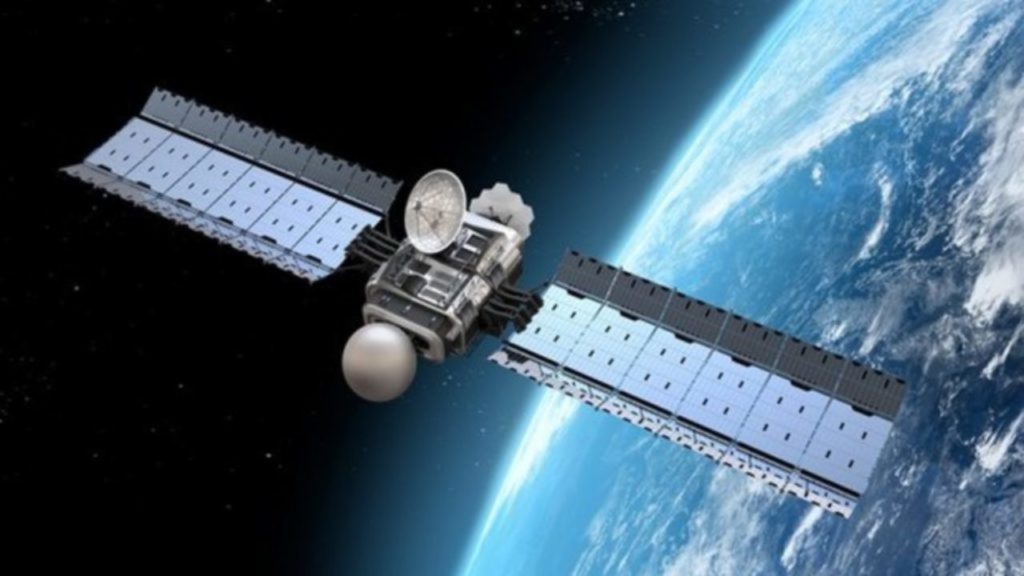Satellite Internet In India Will Fail? Govt Received No Request From Elon Musk, Amazon, Airtel

In response to a Right to Information (RTI) query, the Department of Telecommunications (DoT) revealed that till date received “no communication” regarding satellite broadband from Amazon, Bharti group backed-OneWeb or Elon Musk’s SpaceX.
The query was about whether or not the DoT received any any communication or proposal for setting up of satellite broadband in India from Amazon, OneWeb, SpaceX or any of their subsidiaries since 2018.
No “concrete proposal” By Any Player Yet : DoT
So far, according to DoT officials, no“concrete proposal” on starting satellite broadband in the country has been submitted by any of the companies. Though there have been some initial informal discussions between the various departments of the telecom ministry regarding the same.
Elaborate plans to launch satellite broadband by mid-2022 were announced over the last year by Jeff Bezos’ Amazon, Musk’s SpaceX and Bharti group-backed OneWeb. However, DoT response in the RTI is in contrast with the same.
SpaceX founder Musk had earlier this year said that as early as 2022, users can see Starlink internet services being offered by his company. OneWeb also plans to launch high-speed internet services in the country by mid-20221.
As part of its global plan to deliver high speed internet services with low latency, the Bharti group-backed company plans to have a constellation of 648 low-earth-orbit satellites. In a statement it said that with the aim to offer high-speed internet from OneWeb satellites in India by mid-2022 and has secured global priority spectrum rights and now successfully completed four launches.
On the other hand, Amazon India said that in order to discuss the modalities and seek necessary approvals such as satellite bandwidth leasing, landing rights among others, company would soon start meeting DoT officials.
On ways to make satellite communication more affordable for ordinary users, the Telecom Regulatory Authority of India (Trai) had floated a discussion paper seeking stakeholder views on the same.
TRAI’s Consultation Paper on How to Make Satellite Internet Work
Whether or not to allow ego-stationary, medium and low-earth-orbit satellites providing satellite-based low-bit-rate connectivity is what TRAI is contemplating and is seeking help in its 55-page consultation paper.
In its paper, TRAI is seeking help in how to make the satellite-based services affordable in India as the higher cost of it makes it to be less widely adopted.
In its response to the consultation paper, OneWeb, said that the government will need to assess the extent to which the level of the royalty fees, additional costs and customs duties, taxes, and the determination of the amount of the compensation on the basis of the net cost of the restoration”.
“It should also be noted that, in relation to the additional cost, it is true that there is a tv with satellite operators to take advantage of a special package for an extra cost to the ports that the use of multiple antennas in the same range. Since the procedure requires a high bandwidth, but the volume is assigned to a particular position, and the gap in the spectrum, and it is not to be larger than in the case of the use of multiple antennas, with respect to the receiver,” he said.
On the other hand, Bharti Airtel, the argument is that the existing tariff regulations need to be streamlined and brought together in one collection, as well as the government for the expenses of the administration of licenses.
Bharti Airtel said that custom duties and levies on satellite based devices, user terminals and equipment necessary for set up of gateway earth stations should be reduced in order promote the use of satellite technologies.

Comments are closed, but trackbacks and pingbacks are open.